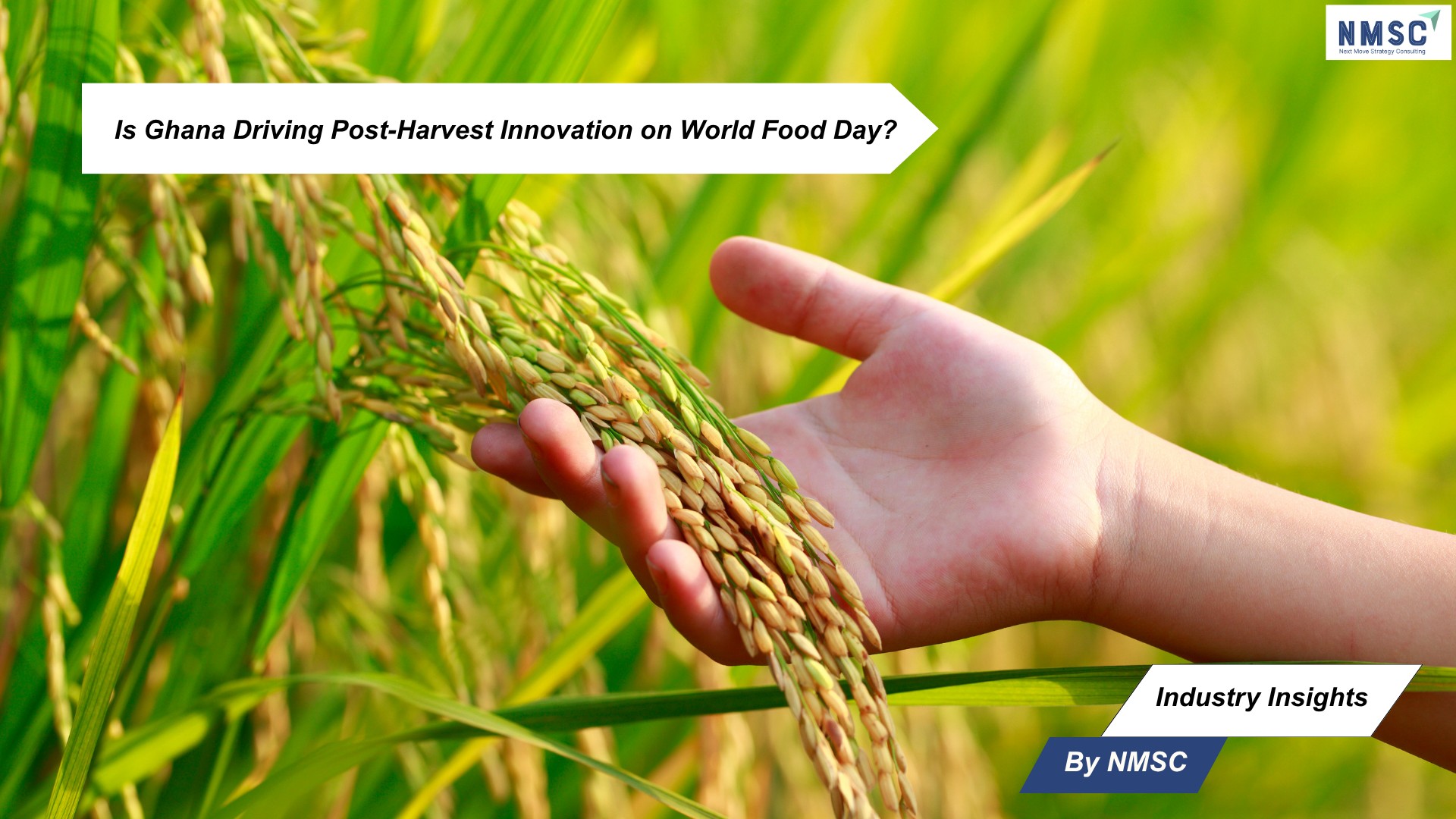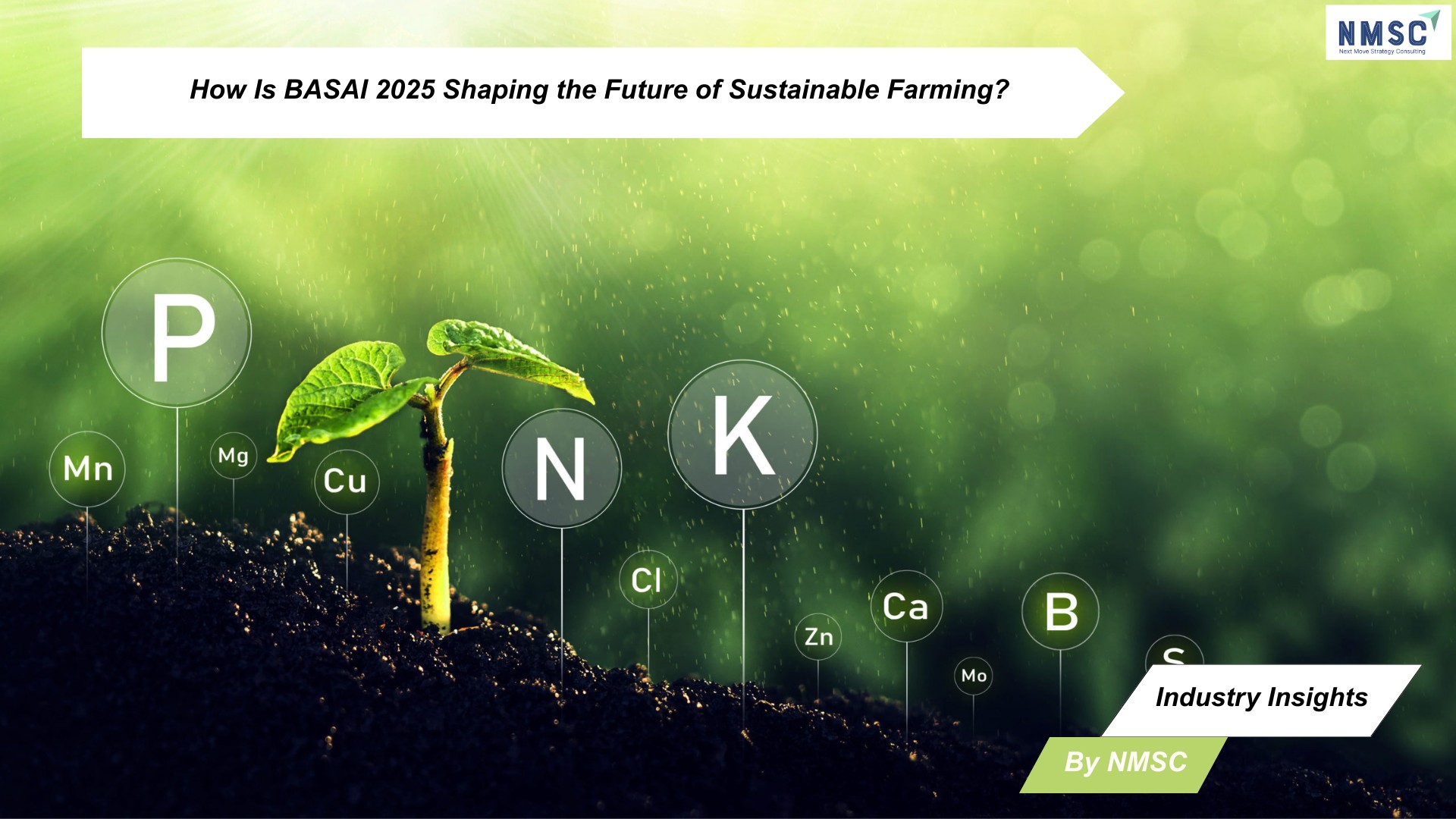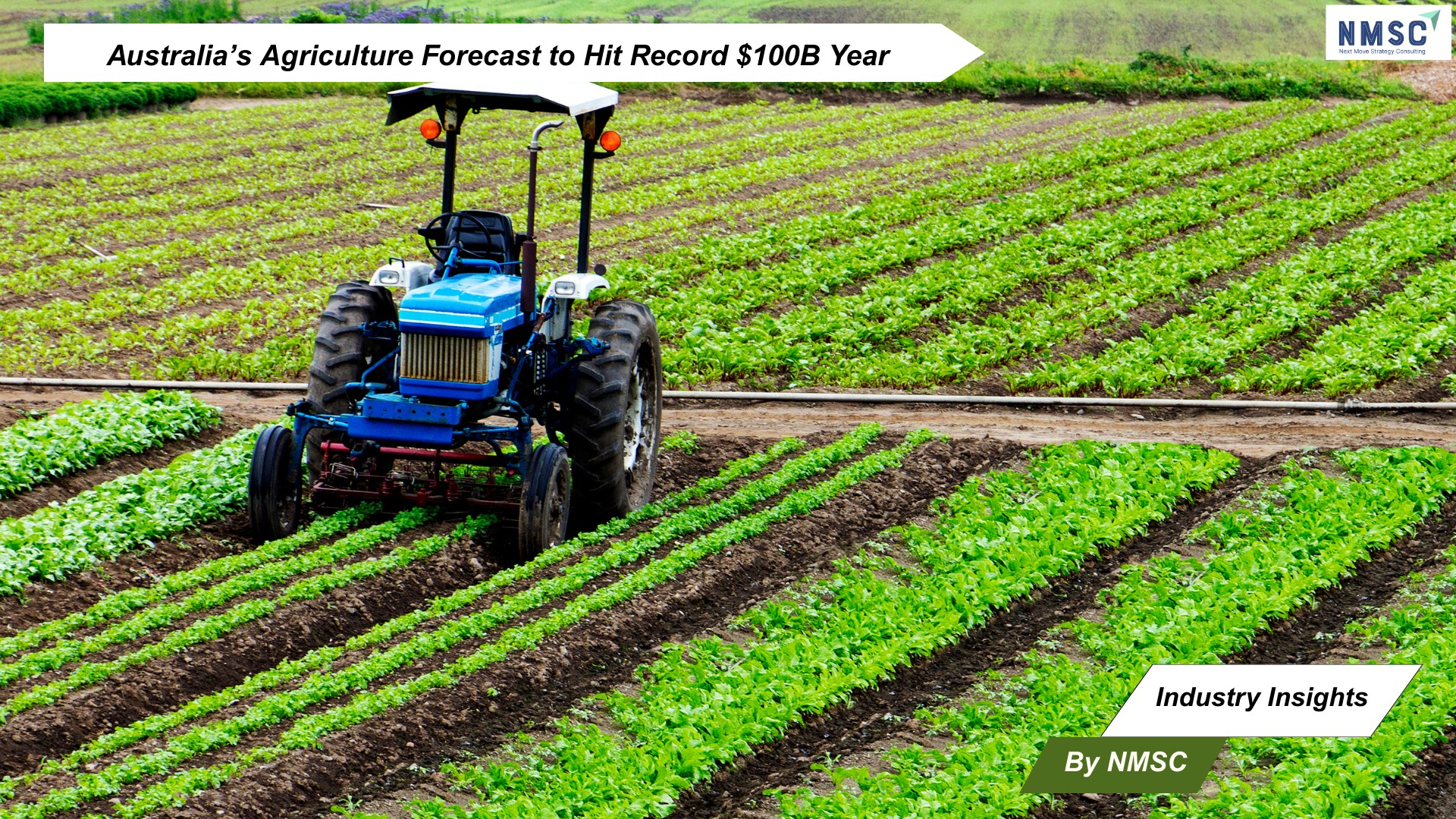Is Ghana Driving Post-Harvest Innovation on World Food Day?
Published: 2025-10-23

Industry Insights from Next Move Strategy Consulting
As global efforts intensify to combat hunger and malnutrition, Ghana’s commemoration of World Food Day 2025 under the theme “Hand in Hand for Better Food and a Better Future” highlights a pivotal moment for the nation’s agrifood systems. Held at the Ministry of Food and Agriculture (MoFA) in Accra, the event united government leaders, farmers, development partners, and civil society to advance sustainable solutions for food security, with a particular focus on strengthening post-harvest management.
A Unified Vision for Food Security
The 2025 celebration, coinciding with the 80th anniversary of the Food and Agriculture Organization (FAO), reaffirmed Ghana’s commitment to achieving Zero Hunger (SDG 2). The event emphasized collective action, bringing together diverse stakeholders to address challenges in food production, preservation, and accessibility. By prioritizing sustainable agrifood systems, Ghana is laying the groundwork for resilient agricultural practices that ensure safe, nutritious, and affordable food for all.
“FAO’s partnership with MoFA has been instrumental in advancing Ghana’s agricultural landscape, particularly through initiatives in post-harvest management,” said Hon Eric Opoku, Ghana’s Minister for Food and Agriculture. “Our collaborative efforts are transforming how we protect and utilize our harvests to secure a hunger-free future.”
Key Focus Areas Driving Progress
Ghana’s approach to food security, as highlighted during World Food Day 2025, centers on:
-
Strengthened Post-Harvest Management: Initiatives to reduce food loss through improved storage, processing, and distribution techniques.
-
Collaborative Partnerships: Engaging governments, farmers, youth, women, and the private sector to foster innovation and inclusivity.
-
Sustainable Agrifood Systems: Promoting practices that enhance resilience and ensure equitable access to nutritious food.
-
Irrigation and Livestock Development: Supporting agricultural productivity to bolster food availability and economic stability.
“World Food Day is a reminder that food security extends beyond production—it’s about ensuring access to safe and nutritious food for everyone,” said Ms Priya Gujadhur, FAO Representative in Ghana. “Through hand-in-hand collaboration, we are building a future where no one is left behind.”
Impact on the Post-Harvest Treatment Market – NMSC’s Views
Ghana’s renewed focus on post-harvest management, as spotlighted during World Food Day 2025, is poised to drive significant growth in the Post-Harvest Treatment Market. According to Next Move Strategy Consulting, investments in post-harvest technologies—such as advanced storage solutions, cold chain infrastructure, and eco-friendly preservation methods—are gaining momentum as nations like Ghana prioritize reducing food loss.
These efforts align with global trends, with the market seeing increased demand for innovative treatments that extend shelf life and maintain food quality. By fostering partnerships and scaling sustainable practices, Ghana’s initiatives are expected to attract private-sector investment and spur technological advancements in the sector.
A Call for Collective Action –
The event underscored the enduring legacy of FAO’s 80-year mission to defeat hunger through global cooperation. “Together, we can create a future where every child, woman, and farmer thrives,” said Zia Choudhury, UN Resident Coordinator in Ghana. This vision of unity and shared responsibility is galvanizing stakeholders to innovate and collaborate, ensuring that agrifood systems are resilient and inclusive.
Shaping a Hunger-Free Future
Ghana’s World Food Day 2025 celebration marks a critical step toward sustainable food security, with post-harvest management emerging as a cornerstone of progress. By championing collaboration and innovation, the nation is setting a global example for building agrifood systems that deliver better food and a better future for all.
Source: Food and Agriculture Organization of the United Nations
Prepared by: Next Move Strategy Consulting
About the Author
 Sneha Chakraborty is a passionate SEO Executive and Content Writer with over 4 years of experience in digital marketing and content strategy. She excels in creating optimized, engaging content that enhances online visibility and audience engagement. Skilled in keyword research, analytics, and SEO tools, Sneha blends creativity with data-driven insights to deliver impactful results. Beyond her professional work, she enjoys reading, sketching, and nature photography, drawing inspiration from creativity and storytelling.
Sneha Chakraborty is a passionate SEO Executive and Content Writer with over 4 years of experience in digital marketing and content strategy. She excels in creating optimized, engaging content that enhances online visibility and audience engagement. Skilled in keyword research, analytics, and SEO tools, Sneha blends creativity with data-driven insights to deliver impactful results. Beyond her professional work, she enjoys reading, sketching, and nature photography, drawing inspiration from creativity and storytelling.
About the Reviewer
 Debashree Dey is a versatile Content Writer, PR Specialist, and Assistant Manager in Digital Marketing, known for her ability to craft audience-focused narratives and develop data-driven strategies that enhance brand visibility. As a published manuscript author, she combines creativity with strategic acumen to help brands strengthen their presence and drive deeper user engagement. Outside of her professional pursuits, Debashree draws inspiration from creative projects and design explorations.
Debashree Dey is a versatile Content Writer, PR Specialist, and Assistant Manager in Digital Marketing, known for her ability to craft audience-focused narratives and develop data-driven strategies that enhance brand visibility. As a published manuscript author, she combines creativity with strategic acumen to help brands strengthen their presence and drive deeper user engagement. Outside of her professional pursuits, Debashree draws inspiration from creative projects and design explorations.















Add Comment